Silent Hill's Combat: A Double-Edged Sword for the Franchise
2024-09-10 16:32:32Source:JuxiaAuthor:Juxia
The Silent Hill franchise stands as one of the most influential names in gaming history. Pioneering the horror genre, this renowned Konami series demonstrated how games could evoke deep fear without relying on cheap jump scares. Praised for its innovative storytelling, Silent Hill has set itself apart from other horror titles of its era by delivering mature, thought-provoking narratives with rich character development and layered symbolism.
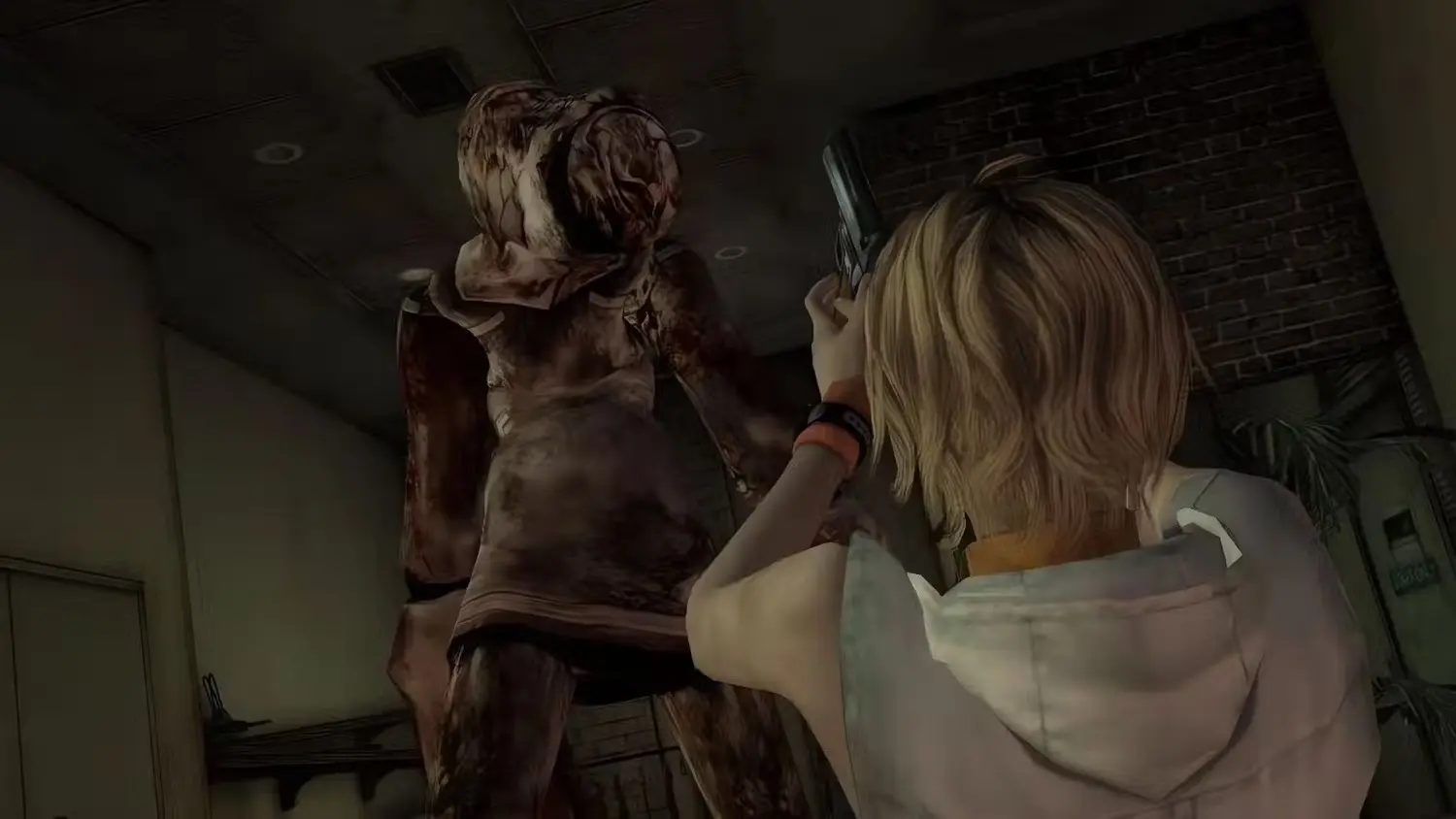
However, despite its many strengths, Silent Hill is not celebrated for its combat mechanics. From its inception, the series has faced criticism for its underwhelming gunplay and awkward melee combat. Even the critically acclaimed entries, such as 2001's Silent Hill 2 and 2003's Silent Hill 3, were noted more for their story and atmosphere than for their combat systems.
Over its 25-year history, Silent Hill has seen numerous developers take the helm, yet none have succeeded in crafting combat that is widely regarded as exceptional. This facet of the franchise remains a significant point of contention, serving as both a major strength and a notable weakness.
The Silent Hill Combat Experience: A Mixed Bag
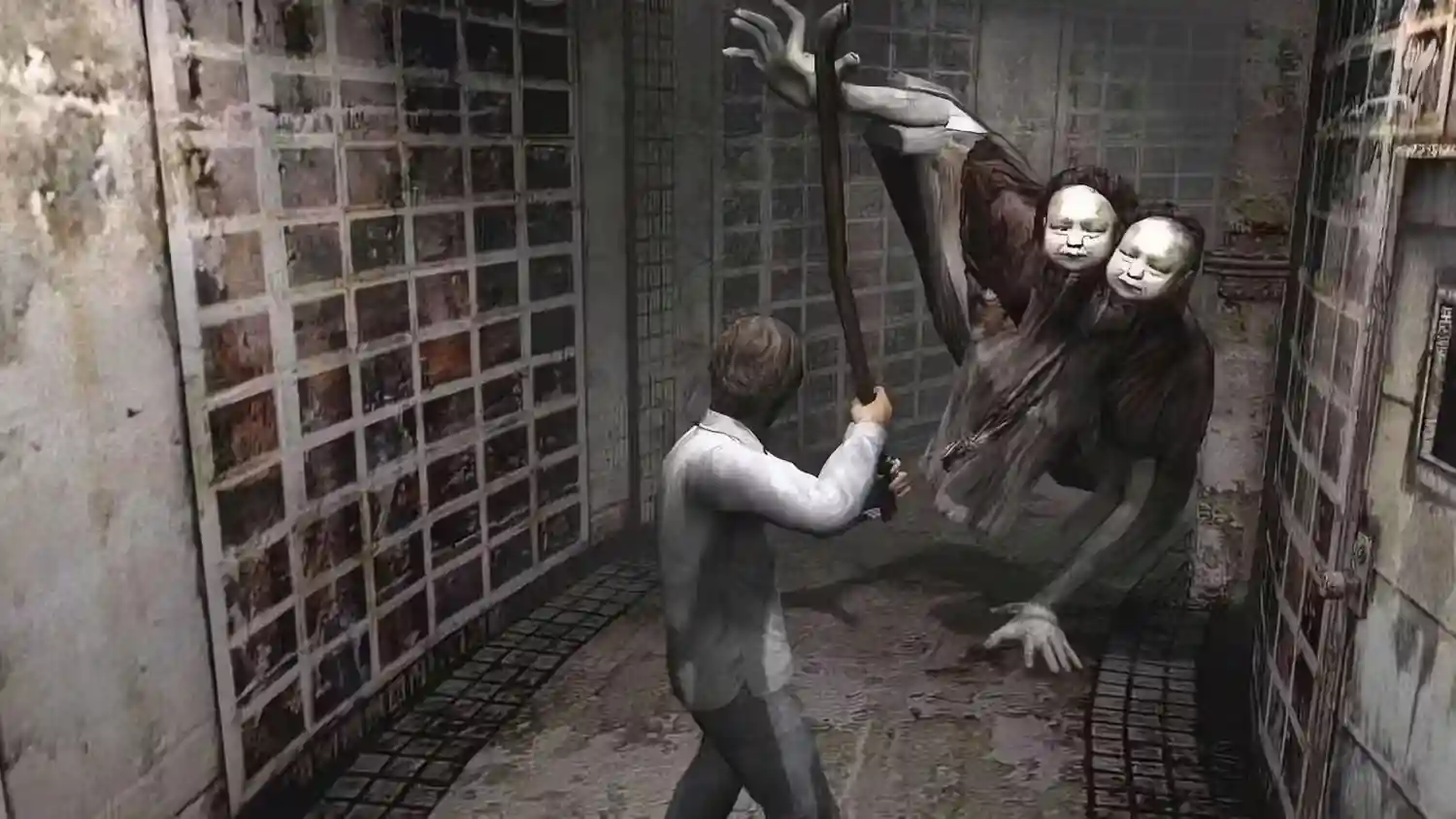
The combat mechanics in the early Silent Hill games were notably basic. Silent Hill and Silent Hill 2 featured limited weapon options and rudimentary control schemes. Players primarily engaged enemies either by slowly shooting them or clumsily swinging melee weapons. The problematic aiming and tank controls often made combat more frustrating than enjoyable, actively discouraging engagement.
Evolution and Experimentation in Combat
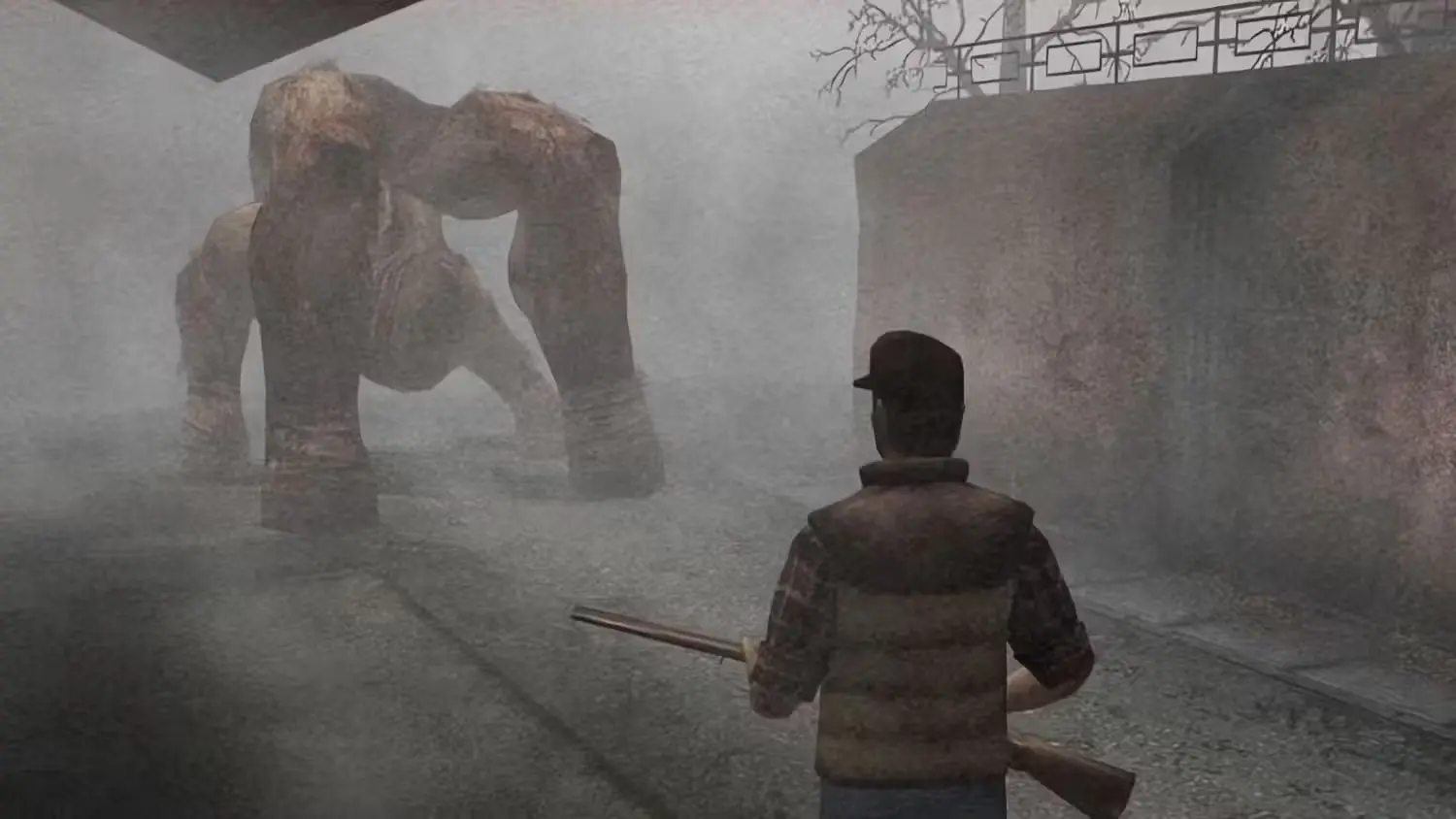
As the series progressed, later installments attempted to refine the combat system, albeit with mixed results. Silent Hill 3 introduced elements like blocking, parrying, and counter-attacking, while Silent Hill 4 added breakable melee weapons. The series gradually shifted towards a more action-oriented approach, with titles such as Silent Hill: Origins offering a broader arsenal of weapons, and Silent Hill: Homecoming introducing combo moves, dodging, and different attack types. This shift, however, was met with criticism from fans who felt it strayed too far from the series' roots.
Striking the Right Balance
The Silent Hill franchise's combat has been a persistent source of debate among gamers. On one side, the early games' limited combat systems were often criticized for their lack of excitement and compared unfavorably to other horror games like Resident Evil 2. On the other hand, this very limitation contributed to the series' unique sense of vulnerability and survival horror, enhancing the feeling of helplessness in the face of monstrous threats.
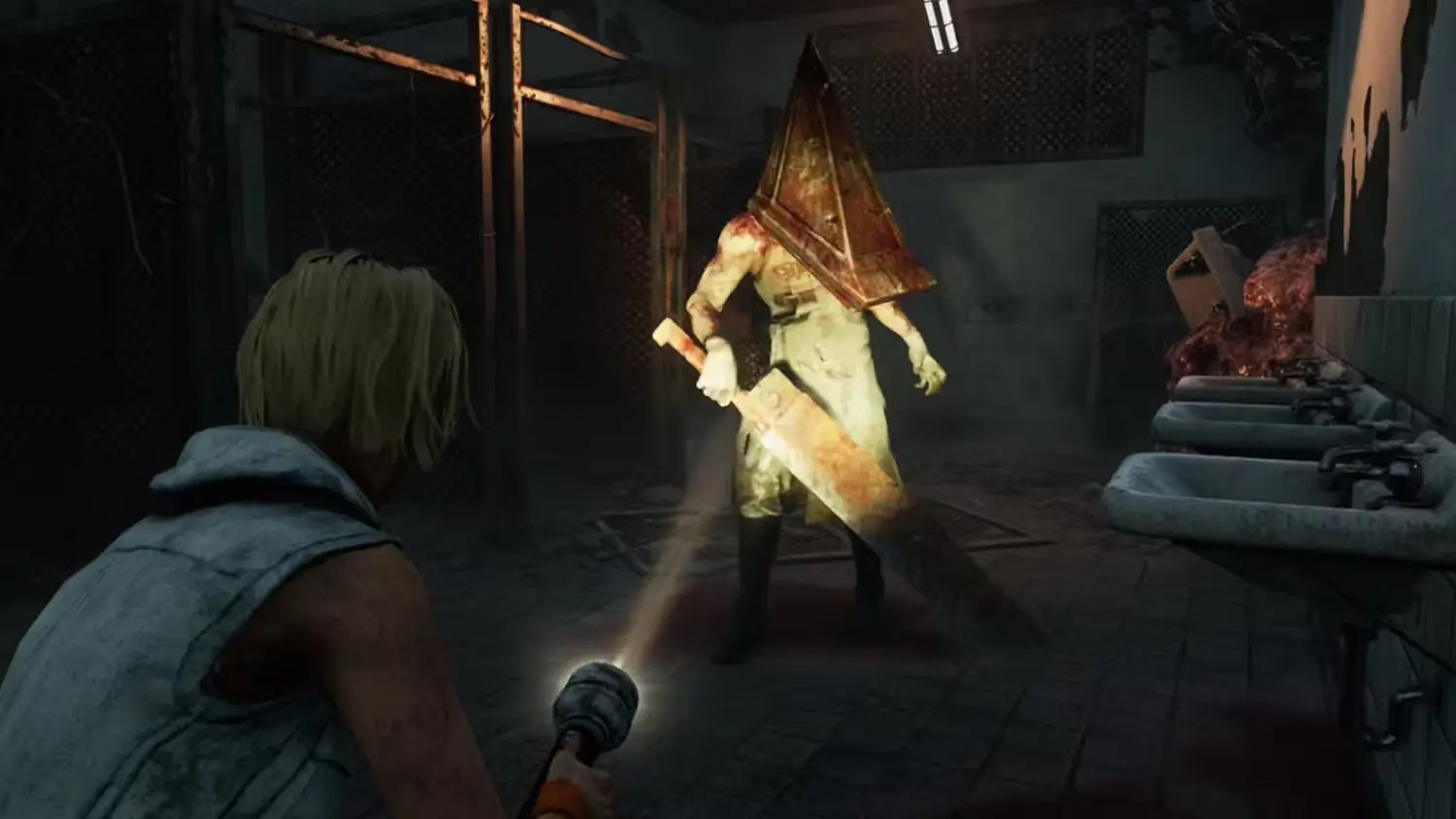
A more streamlined and fluid combat system could potentially broaden the series' appeal but might undermine the very essence of what makes Silent Hill terrifying. Conversely, retaining the clunky mechanics without innovation could alienate players seeking a more engaging experience.
As the franchise moves forward, including the highly anticipated Silent Hill 2 remake, finding the right balance will be crucial. The challenge will be to evolve the combat mechanics without sacrificing the core horror experience that defines Silent Hill. The upcoming titles will need to navigate this delicate balance to satisfy both long-time fans and new players alike.
Related Articles
-
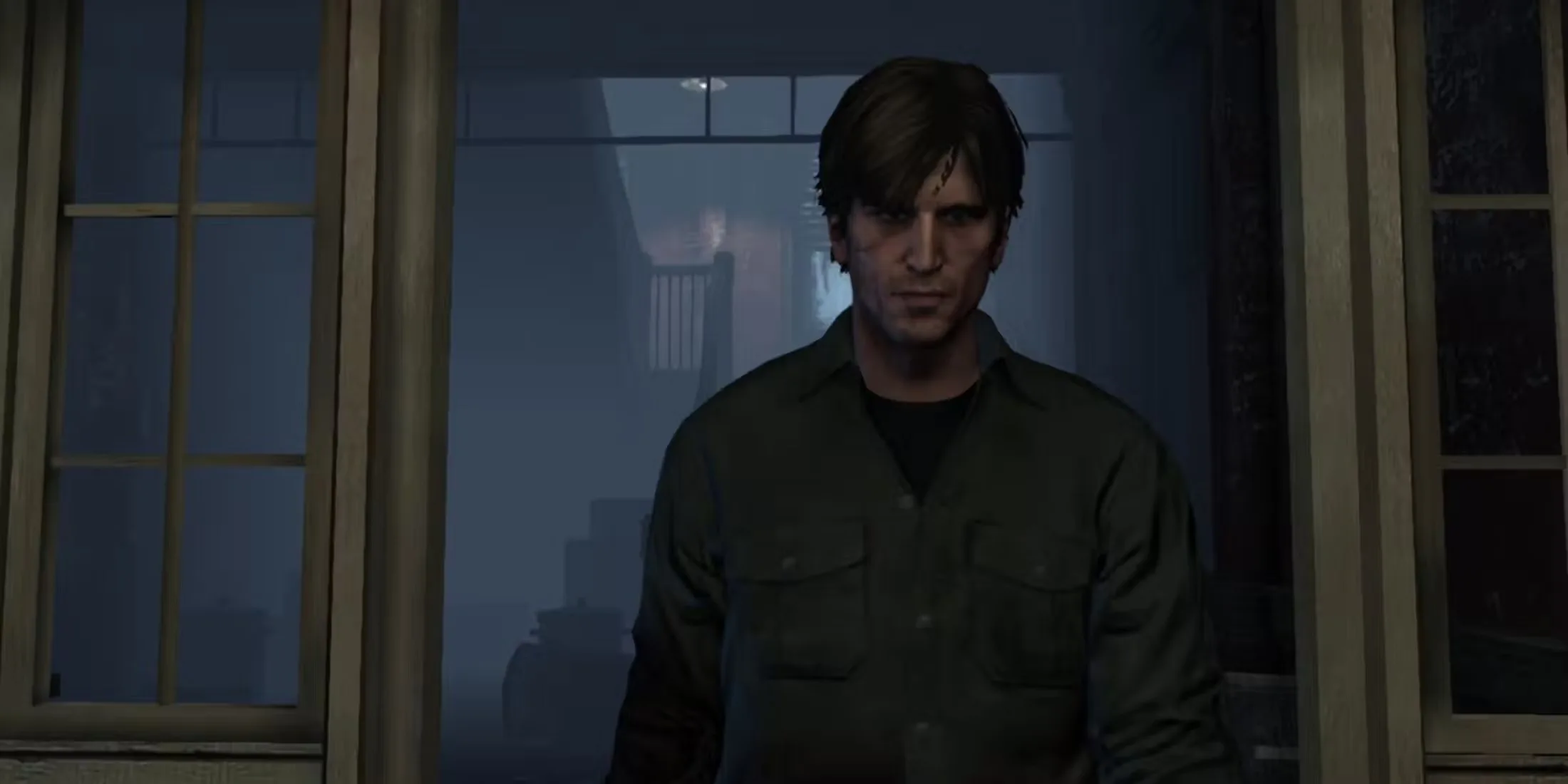
Silent Hill: Downpour May Have Had Co-Op Features That Were Ultimately Canceled
2024-09-11
-

Juxia Figure Review - Hatsune Miku 100th Adventure Ver Preorder Now!
2025-11-27
-

Juxia Game Review – WoW Midnight Deep Dive: Release Date, Player Housing, and Prey System!
2025-11-27
-

Juxia Anime Review - 'The Demon King’s Daughter Is Too Kind!!' Anime Upcoming Adaptation!
2025-11-27
-

Juxia Anime Review - OSHI NO KO Season 3 Release Date, Trailer, and Story Predictions!
2025-11-26
-
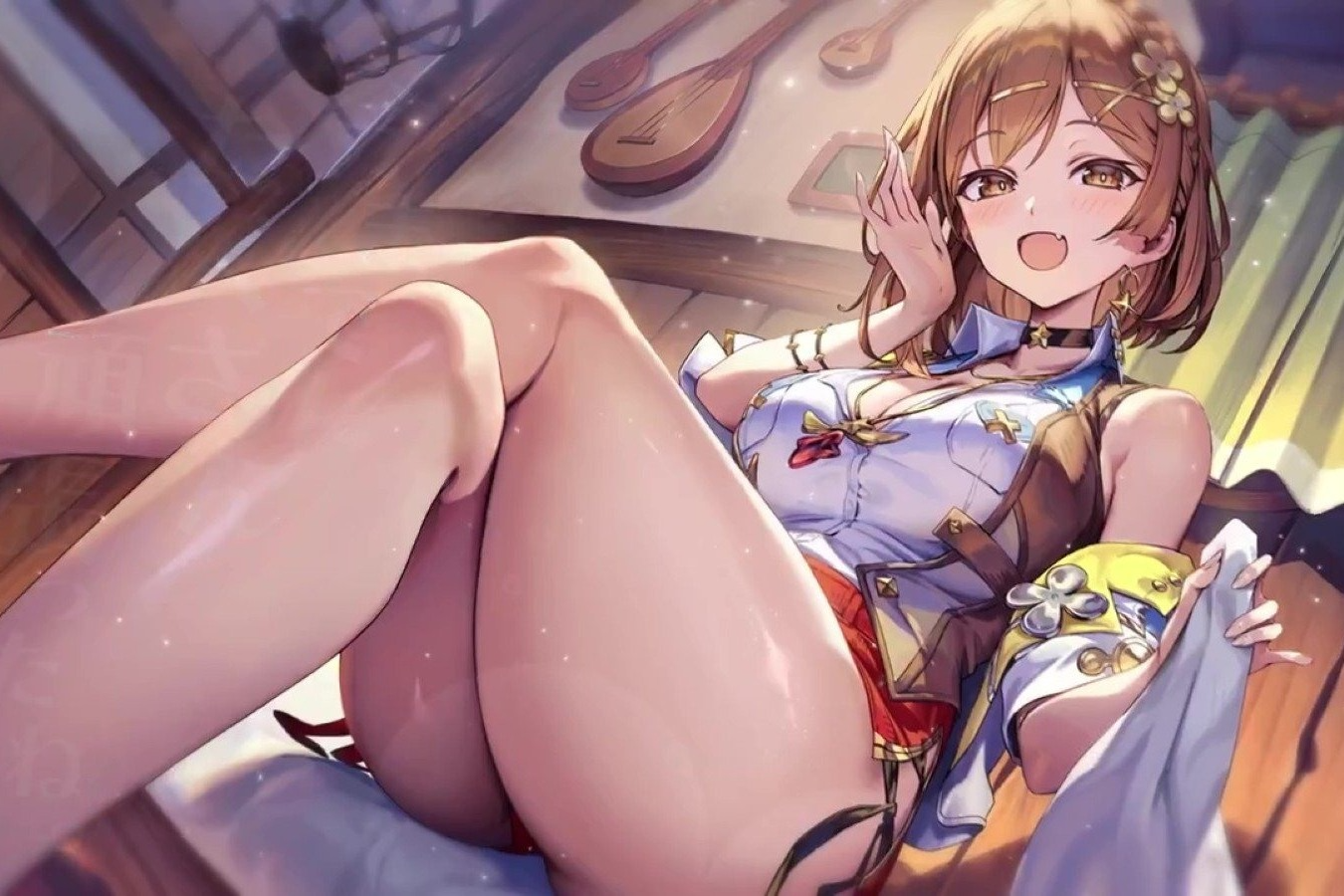
Juxia Game Review - Koei Tecmo’s Atelier Ryza ASMR Hits DLsite!
2025-11-26
-
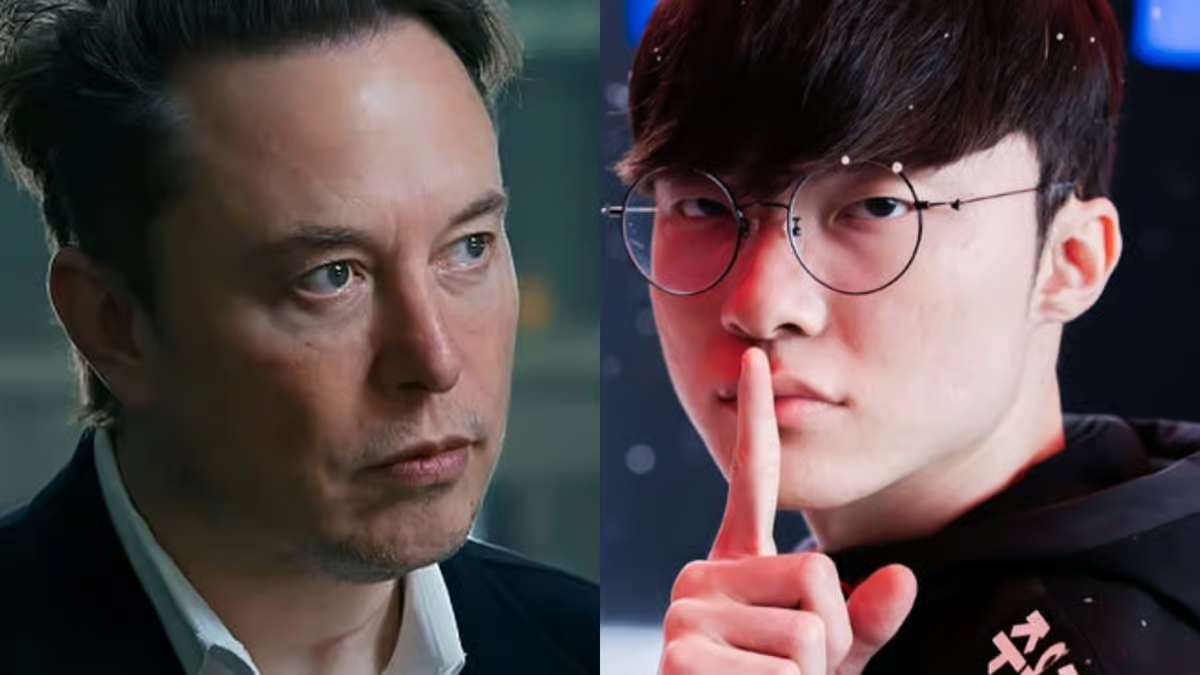
Juxia Game Review - Elon Musk Just Challenged LoL Pros With Grok 5, and the Internet Is Losing It!
2025-11-26
-

Juxia Game Review - The Ultimate Final Fantasy VII Remake Intergrade Switch 2 & Xbox Breakdown
2025-11-26
-
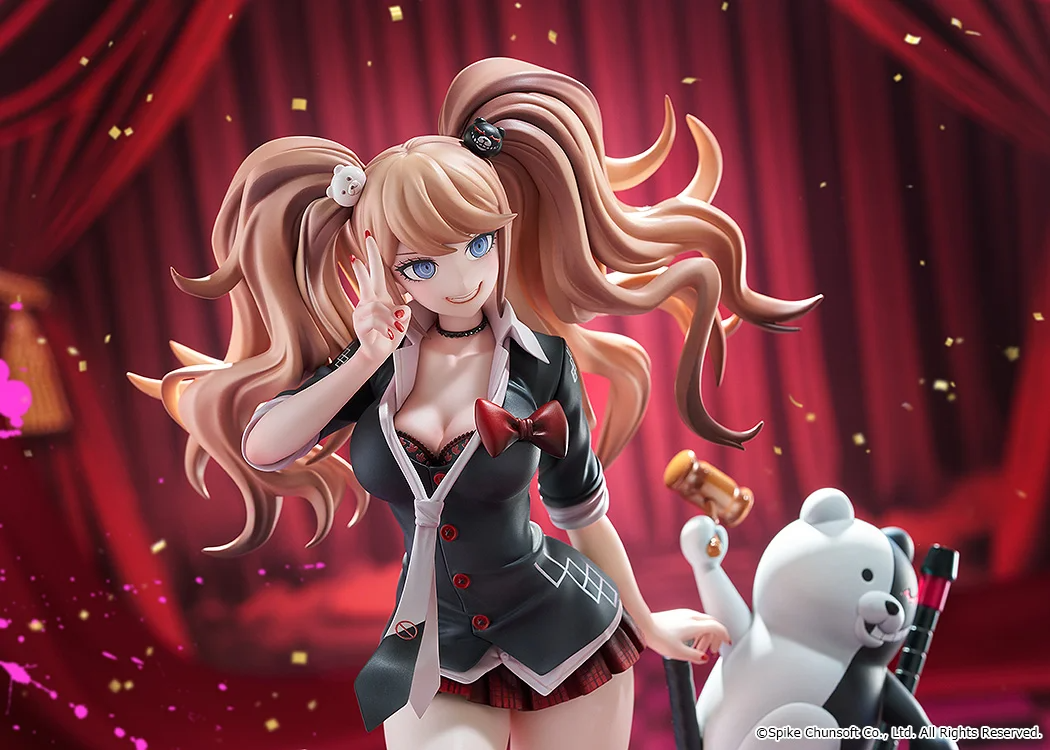
Juxia Figure Review – 15th Anniversary Junko Enoshima Figure Every Fan Needs!
2025-11-25
-

Juxia Movie Review - The Legend of Zelda Live-Action Movie Coming Soon!
2025-11-18


